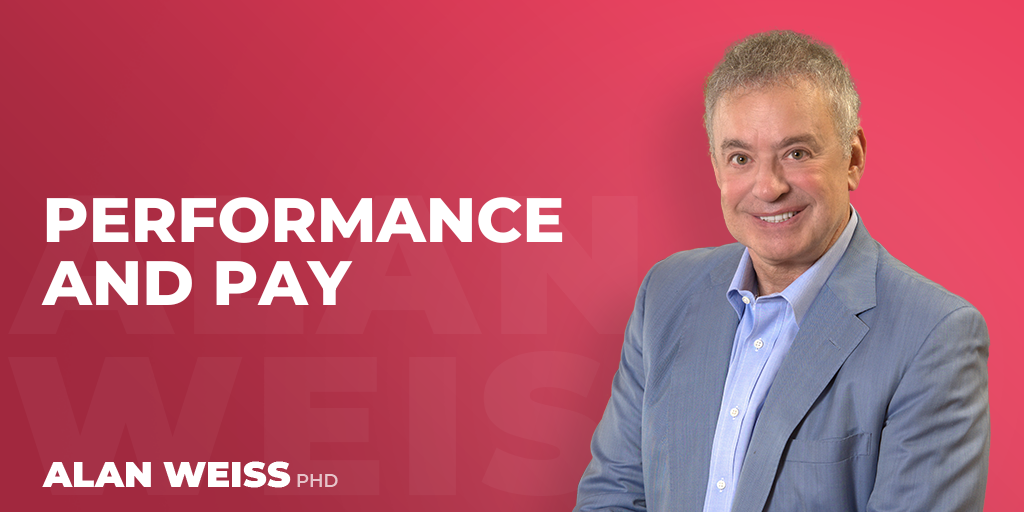
Performance and Pay
Many organizations provide annual “merit” increases to employees. These are rarely true “merit” raises, but are really longevity raises. You worked for another year so we'll give you a little more money. These lower profitability, paying more money for essentially the same degree of performance.
There are many occupations, such as driving a bus, where you just can't get any better. If you have no accidents, no speeding tickets, are always on time, and are courteous to passengers, how do you improve upon that? So raises here don't reflect improved performance or higher profits.
Then there are jobs woefully underpaid in terms of the contributions to society: nurses, firefighters, police, EMTs, sanitation workers, print journalists, and so forth. We find highly qualified people here who perform at high levels because they love the work, so don't leave to, say, sell insurance or launch email scams.
Meanwhile, consumer prices for all these people often rise, sometimes unavoidably (scarcity, technology), and sometimes avoidably (greed, normative pressures).
The bottom line, no pun intended, is that someone has to pay for these increases in pay, and it's always the consumers (or, with wasteful government, the taxpayers). Of course, AI might even a lot of this out if buses are autonomous, print reporting is AI-generated, and telehealth and robotics take over a great deal of medicine. But the attempt to try to compensate people with government safety nets if they can't compete or can't improve their performance—or simply can't manage their finances successfully—will simply lead to greater government deficits which will eventually undermine the quality of life for everyone.


